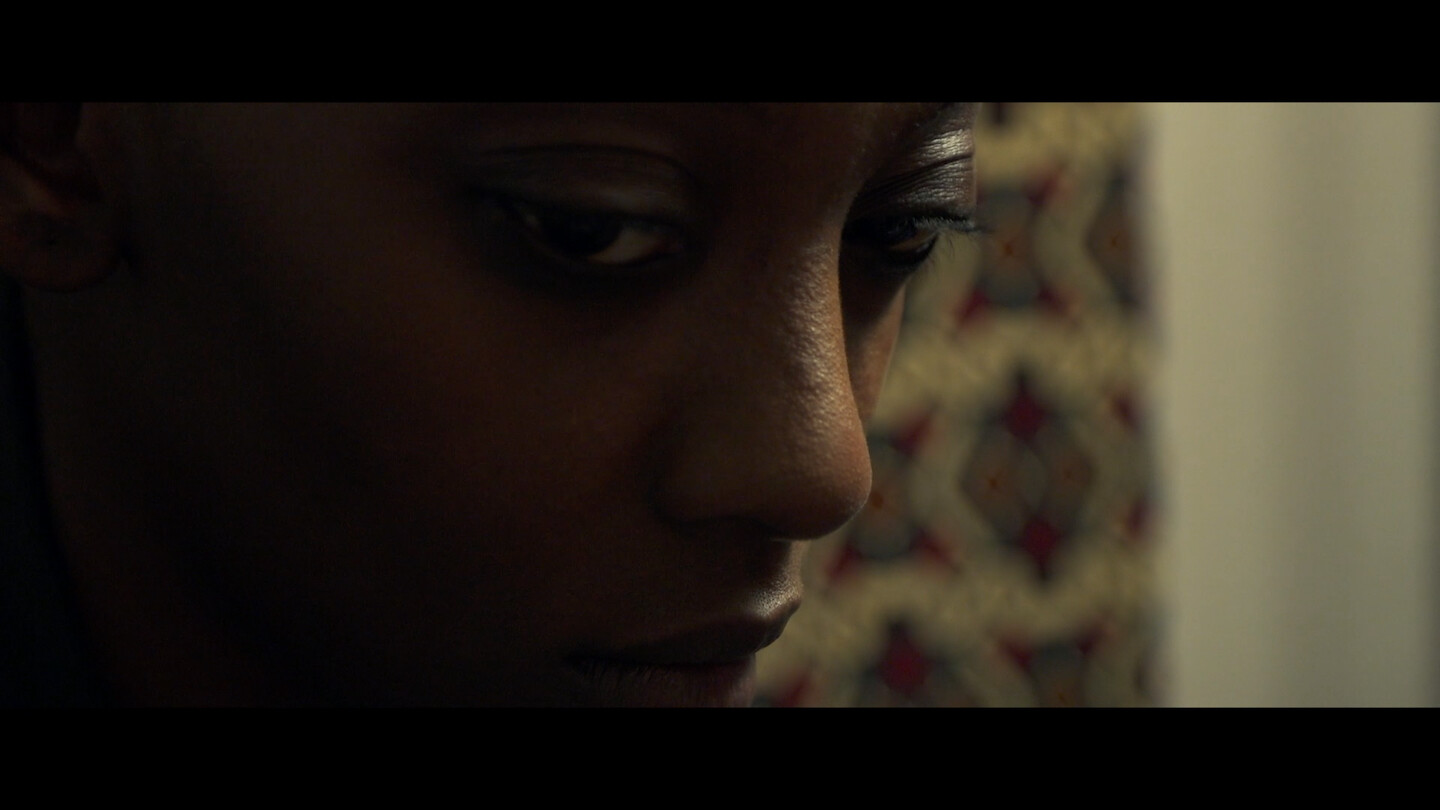Six Films, from Rwanda and Beyond: Week 3
Artist Cinemas is pleased to present an online screening of Philbert Aimé Mbabazi Sharangabo’s Keza Lyn (2017), the third installment of École du soir, on view from Wednesday, May 13 through Tuesday, May 19, and featuring an interview with the filmmaker by Aïcha Diallo.
École du soir is a six-part program of films, video works, and interviews from Rwanda and beyond put together by Christian Nyampeta. It is the first program in Artist Cinemas, a long-term, online series of film programs curated by artists for e-flux Video & Film.
Artist Cinemas presents École du soir: Six Films, from Rwanda and Beyond
Week 3: May 13–19, 2020
Philbert Aimé Mbabazi Sharangabo, Keza Lyn (2017)
27 minutes
“Good evening dear listeners! As on every evening, this is your favorite host Karira Ka Rugano, with the hottest info from Le Pâquis neighborhood.” So announces the eponymous Keza Lyn on her fictional radio show based on secretly recorded conversations of the patrons of Fenomeno—the café where she works as a waitress. The café is located in Les Pâquis, a neighborhood of Geneva harboring shops and businesses run by ethnic minorities. Described by the filmmaker as lonely and desired, Keza— much like her environment—invents a life for herself made up of a thousand lives, and as artist and theorist Kodwo Eshun would say, finds herself drawn to a thinker whose thoughts are transformed by a reality that might comprehend her own.
Excerpt from the interview with the filmmaker by Aïcha Diallo:
Aïcha Diallo (AD):
Interestingly enough, you speak of “longing,” “door,” and “window” in relation to this film, while you also play a character, Dudu, who holds a remarkable place in the film. He speaks Kinyarwanda, makes references to a grandmother who could be either Dudu’s or Keza’s, or both of theirs, and he travels, in an imaginary sense, through another door depicted as a water well, yet finds himself physically grounded in a box. Would it be accurate to read Dudu as a dédoublement, a splitting of Keza Lyn, as if Dudu reflects an aspect of Keza’s life and world?
Philbert Aimé Mbabazi Sharangabo (PAMS):
Actually, I was not immediately conscious of these aspects when I was writing and making the film. But looking back now, I realize that, although Dudu is merely Keza Lyn’s cousin, he is indeed her other side, a part of her life which gravitates more towards her home, her origins, her language, her memories, and their grandmother. Dudu’s past does seem a bit troubled, suggesting that Keza Lyn’s past might also be troubled. But above all, Dudu is the embodiment of those primary aspects of Keza Lyn. But in contrast to Dudu, Keza Lyn seeks adventures, she is keen to have encounters that might lead to her own self-realization, while Dudu is restrained. He stays at home and looks somewhat backwards. In that sense, Dudu is the antithesis or an alter ego of what Keza Lyn is trying to become.
Watch the film and read the full interview here.
About the program
Presented a week each, the six films in École du soir are not direct points of comparison to the current crisis but reflection devices that draw from localized specificities and historical events, in order to make a linking with the pandemic. The sense of isolation, alienation, and despair felt today finds echoes in these films, as their makers navigate the afterlives of the crises that still shape their present. Effectively, although the geographic and economic scales of the current pandemic are unprecedented, the films bring home the fact that some members of the societies in which the films are located feel or have felt as though their existence is a form of quarantine, characterized long before this moment by trans-generational trauma, the disappearance of habitable environments, exile, and even genocidal brutalities that take away the ability to mourn. Each film is accompanied by a newly commissioned dialog that loosely relates the film to the ongoing pandemic.
École du soir is convened by Christina Nyampeta.
About the series
Artist Cinemas is a new e-flux platform focusing on exploring the moving image as understood by people who make film. It is informed by the vulnerability and enchantment of the artistic process—producing non-linear forms of knowledge and expertise that exist outside of academic or institutional frameworks. It will also acknowledge the circles of friendship and mutual inspiration that bind the artistic community. Over time this platform will trace new contours and produce different understandings of the moving image.
For more information, contact program [at] e-flux.com.
